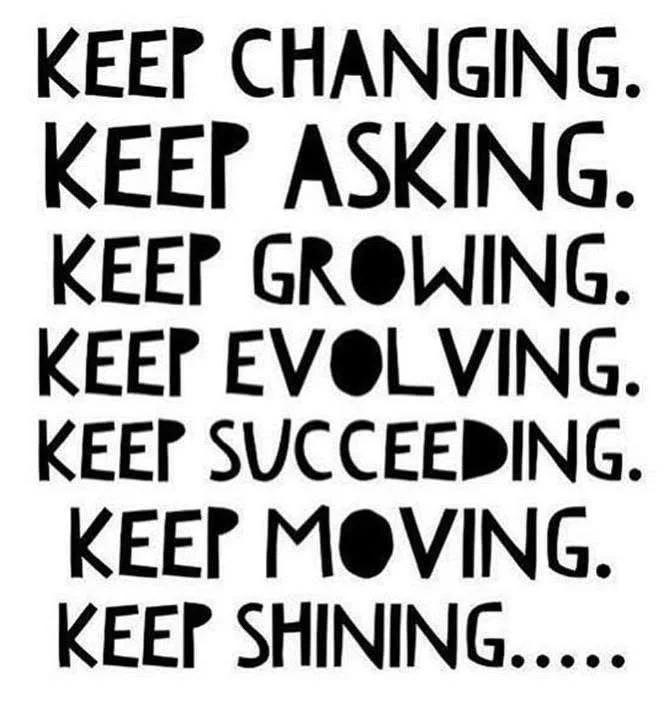Sales persons need to always show up in the moment and when I say moment, I mean showing up in a positive and curious state of mind for the sales performance. Sales is the transference of emotion that the solutions you are selling makes sense for the buyer and in order to do this, you must arrive with clarity, confidence and courage. Here are a few sales tips below, please contact me via e-mail for real world strategies, sales training and workshops opportunities.
1. Learn how to sell yourself
2. Know your products and services
3. Show empathy for your customers situation
4. Believe what you are saying
5. Be open to feedback
6. Learn from master sales persons
7. Learn the psychology of sales















